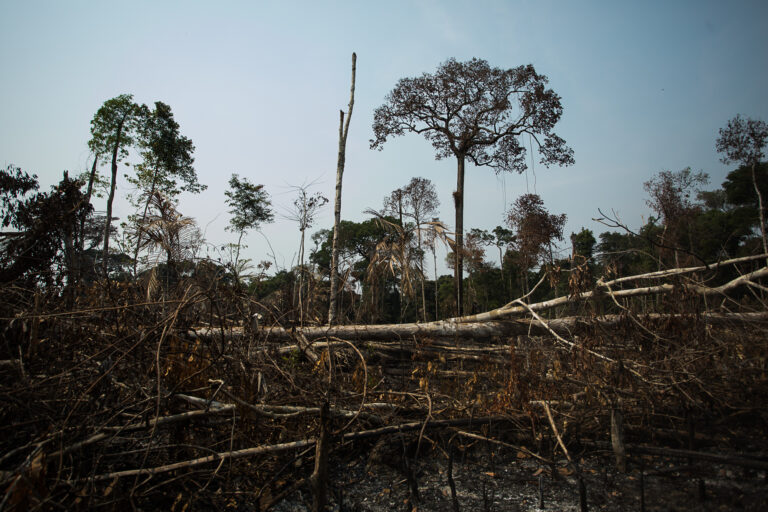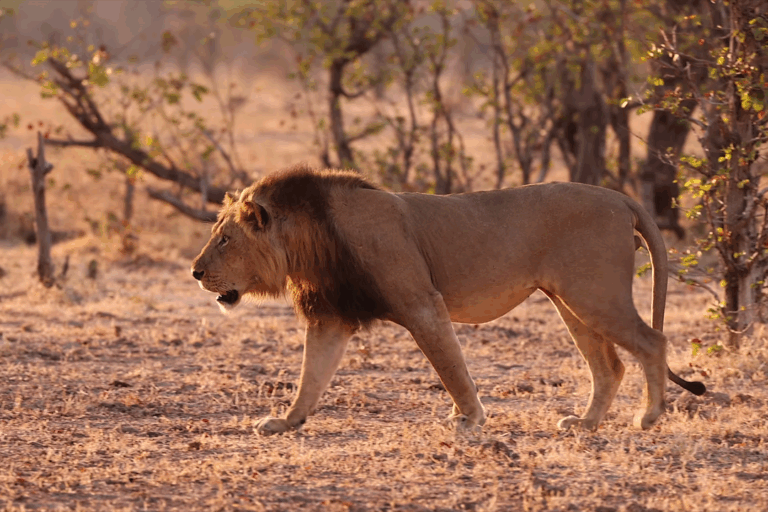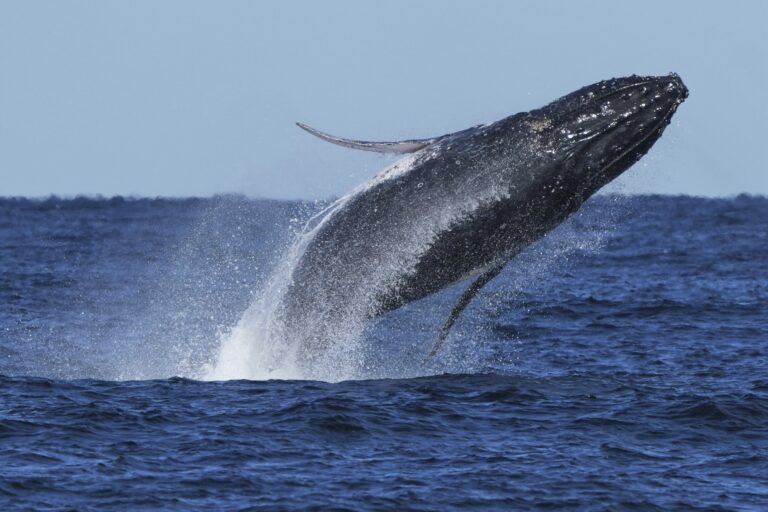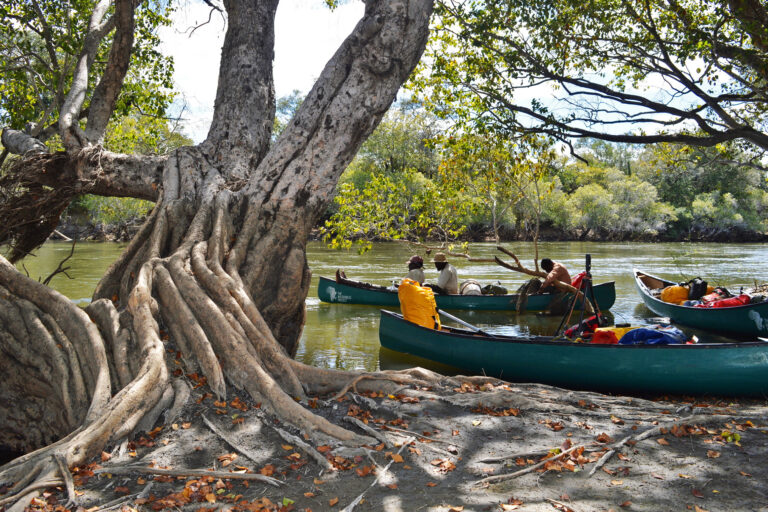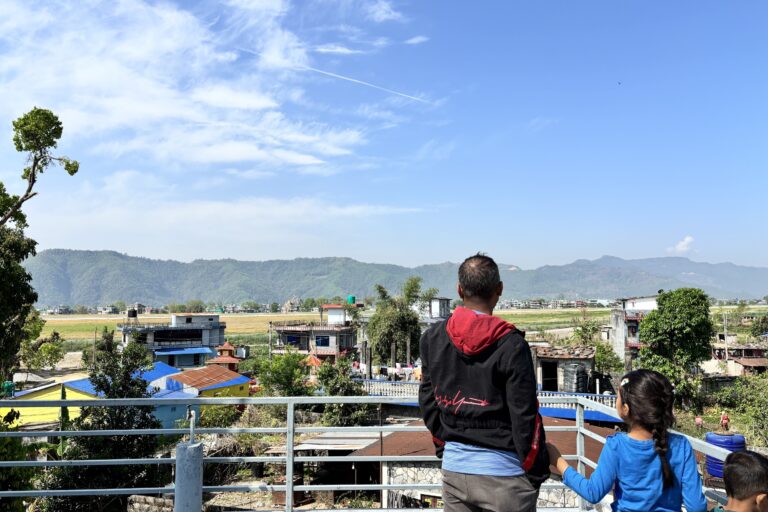SÃO PAULO, BRAZIL — As Brazil ramps up offshore oil exploration at the mouth of the Amazon River, the CEO of COP30 urged wealthy nations to be the first to cut back on both producing and consuming fossil fuels.
Ana Toni is Brazil’s national secretary for climate change at the Ministry of the Environment and Climate Change and the executive director of the U.N. climate summit set to take place in the Amazonian city of Belém in November. She acknowledged Brazil’s own contradictions as the country pursues new oil projects but said countries such as France, the United States, Norway and Canada should bear the greater burden for phasing out fossil fuels.
“We [in Brazil] have our contradictions; that’s not an excuse and we must face them,” Toni said in a video interview at the conference of the Brazilian Association of Investigative Journalism in São Paulo on July 11. “But if we are transitioning away from fossil fuels, which countries should start first? Should it be Brazil, Guinea-Bissau and Nigeria? Or Canada, the United States and Norway?”
Toni’s comments came amid expansion of Brazilian infrastructure projects and new fossil fuel exploration in the run-up to hosting COP30.
The new oil projects include approval for oil exploration at the mouth of the Amazon River, an area that partly overlaps the 9,500-square-kilometer (3,700-square-mile) Amazon Reef. The government also approved an auction for an oil block surrounding an Indigenous community near Brazil’s north coast.
According to Oil Change International, just four countries — the United States, Canada, Australia and Norway — account for 70% of planned fossil fuel expansion over the next decade. “Brazil is probably sixth or seventh. It’s important, and let’s talk about Brazil, but let’s also contextualize,” Toni said.
Toni added that burden is often disproportionately on oil producing countries, rather than on the oil consuming countries, which should also be held responsible. Despite not producing any oil, for example, 75% of Germany’s energy matrix came from fossil fuels in 2023. “Should it only be the producers at the table, or do consumers join too?” she questioned. “What is the cost of excluding them?”
Brazilian President Luiz Inácio Lula da Silva has defended fossil fuel exploration, saying he would not unilaterally halt exploring Brazil’s riches to the detriment of the nation’s development.
In June, Brazil’s oil regulator agency ANP auctioned off 34 blocks for exploration, largely to multinational corporations, including Chevron, ExxonMobil and China’s CNPC. More than half the blocks are in the Amazon Delta.
Banner image: Ana Toni, CEO of COP30, photographed in June. Image courtesy of Paulo Pinto/Agência Brasil.







